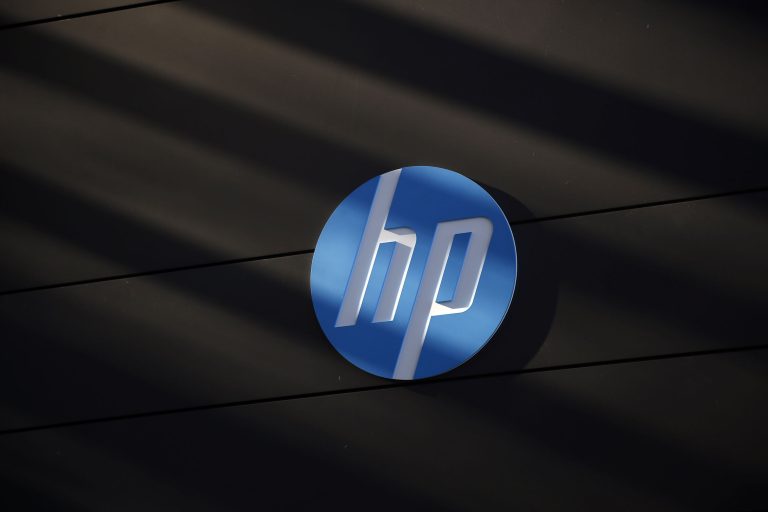In 2021, big tech companies were dragged into controversies and scandals, some of which have yet to subside. The issues included censorship, data leaks, and reports about the psychological harms of social media. Here are five of the biggest tech fails of 2021.
Instagram’s harmful effect on teenagers
In September, the WSJ published a report based on Facebook’s internal documents revealing that the company was aware that Instagram was causing psychological harm to teenagers, especially young girls. A presentation slide of the company stated that teens blamed Instagram for their increasing rate of depression and anxiety. Six percent of American users and 13 percent of British users of the app traced their desire to commit suicide to Instagram.
“Thirty-two percent of teen girls said that when they felt bad about their bodies, Instagram made them feel worse… Comparisons on Instagram can change how young women view and describe themselves,” said one of Facebook’s slideshows.
Facebook leaks
In April, the hacked personal information of over 500 million Facebook was posted to a website used by hackers. Details of private information included full name, email address, phone number, birthday, relationship status, and location. The information was stolen by hackers in 2019. But when the data was made available to hackers, it triggered alarm bells.
“These are the pieces of data cyber criminals spend time searching for to perform social engineering attacks — but now they’re all in one place and easily accessible in this leak, which makes social engineering quicker and easier,” Rachel Tobac, an ethical hacker and CEO of SocialProof Security, told CNN.
Colonial Pipeline ransomware attack
Success
You are now signed up for our newsletter
Success
Check your email to complete sign up
In May, Colonial Pipeline, one of the largest fuel pipelines in America, faced a ransomware attack. The incident forced the pipeline to shut down operations, putting fuel supplies under threat of disruption. Colonial supplies 45 percent of the fuel demand on the East Coast. The company paid the attackers $4.4 million as ransom since they were unsure how long it would take them to bring systems back to normal operation.
“I know that’s a highly controversial decision… I didn’t make it lightly. I will admit that I wasn’t comfortable seeing money go out the door to people like this… But it was the right thing to do for the country,” Blount, CEO of Colonial Pipeline, said in his public remarks. The good news is that investigators from the U.S. Justice Department were successful in recovering $2.3 million.
Facebook to Meta
In October, Facebook CEO Mark Zuckerberg announced that the company was rebranding itself to a new name – Meta. The announcement video quickly attracted mockery from netizens who found the idea of a virtual reality equivalent of the real world under the control of Facebook dangerous and creepy. The fact that Facebook’s brand value is getting tarnished due to various controversies also prevented the brand renaming from having any positive impact.
According to one survey conducted by Forrester among residents of the United States, United Kingdom, and Canada, 75 percent of respondents did not feel a brand rename will increase their trust in Facebook.
“A name change doesn’t suddenly erase the systemic issues plaguing the company… If Meta doesn’t address its issues beyond a defensive and superficial attitude, those same issues will occupy the metaverse,” Forrester vice president and research director Mike Proulx said in a statement.
Tesla’s autonomous driving service
In July, Tesla released a beta version of its Full Self Drive autonomous software. The company warned users of potential glitches in the system, asking people to pay constant attention to roads and be prepared to act immediately.
Soon enough, there were complaints of the software causing “phantom braking.” Many also complained that Tesla had released incomplete software at an exorbitant price. The software cost owners $10,000 and was also made available for a $200-per-month subscription. Tesla released an update in December to fix the issue.







